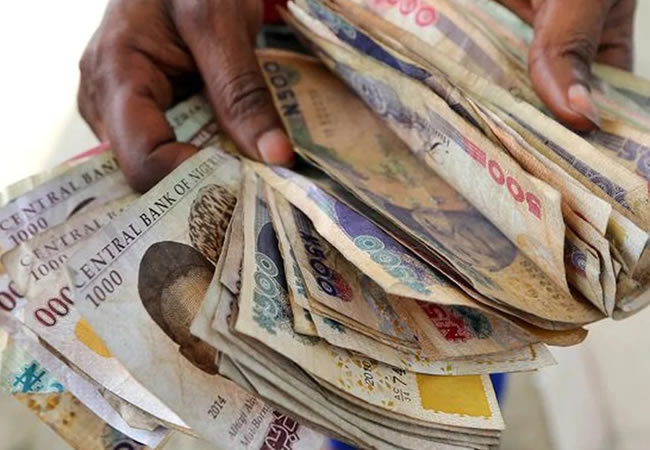The value of the naira continues its downward slide against the U.S. dollar, with pressure mounting in Nigeria’s autonomous foreign exchange (FX) market. Data shows that demand for the dollar and other foreign currencies is outpacing available supply, causing a strain on the naira’s value.
In October, the Central Bank of Nigeria (CBN) reduced its dollar supply in the official window by over 14% month-on-month, ahead of a planned test run of an automated FX trading platform slated for December 2024. This new platform is part of the CBN’s effort to boost market confidence and curb speculative trading, but previous FX initiatives over the past year have yielded limited results.
Despite rising external reserves, the naira’s official exchange rate depreciated by 0.61%, closing at ₦1,676.90 per dollar, according to spot data from the FMDQ platform. The rate worsened after the CBN sold $77 million to authorised dealer banks in the currency market last week. In the parallel market, the naira closed even lower at ₦1,725 to the dollar as demand pressure for invisible FX payments eased slightly.
Market data also revealed declines in FX inflows across various sources, with local sources dropping by 7.5% month-on-month to $1.69 billion in October from $1.82 billion in September. The CBN’s inflow contribution fell by 14.3%, while individual FX inflows dropped significantly by 30.6%. Non-bank corporate FX supply declined by 8.6% during the same period.
Analysts warn that limited FX inflows from the CBN could threaten overall liquidity, potentially weakening market confidence further and increasing pressure on the naira in the short term. “We expect the naira to remain under pressure in the near term, given the sustained demand in the FX market, the CBN’s limited intervention capacity, and suboptimal foreign portfolio inflows,” an analyst explained.
Meanwhile, developments in the global energy market have added further complexity. Oil prices rose by over 2% as OPEC+ delayed a planned increase in output by one month. This decision, alongside anticipation of the U.S. presidential election outcome and a major meeting in China, pushed Brent crude to $74.86 and WTI to $71.28 per barrel. Gold prices also climbed, with investors monitoring political uncertainties and an upcoming Federal Reserve policy meeting, placing gold at $2,742.10 per ounce.
As the CBN prepares for the December rollout of its automated FX platform, stakeholders are hopeful that it may alleviate some of the naira’s pressures. However, market watchers suggest that without significant foreign portfolio inflows or stronger intervention from the apex bank, Nigeria’s FX challenges are likely to persist.













